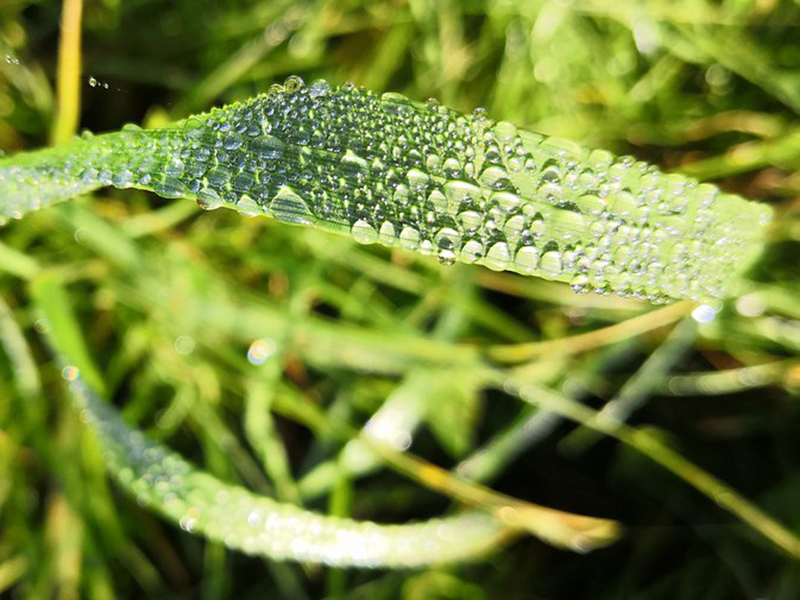
Our staff and laboratory are open to internship students. We offer modern and perfectly maintained equipment, facilities and supervision as well as interesting and exciting topics within interface mechanics, smart and composite materials.
Remark:
We are receiving increasing number of applications for internships in our laboratory. Due to the limited space we can welcome 3-4 students in the same period. Please submit your application (email Michal K. Budzik, mibu@eng.au.dk, stating an interest in conducting an internship with us) to ‘book your spot’. From experience we know that applicants for the summer stay (May to August) submitting applications in January/February have only limited chance to 'get a spot'.
Project no.: CA18120
Project funding: EU COST actions
Period of project implementation: 2019-04-04 - 2023-04-03
Project partners: 28 countries and more than 80 participants including academia, leading European industry and policy makers from Austria, France, Netherlands, Portugal, Romania, Sweden, United Kingdom, Croatia, Cyprus, Denmark, Greece, Poland, Slovakia, Slovenia, Switzerland
Areas of Expertise Relevant for the Action:
● Mechanical engineering: Mechanical and manufacturing engineering (shaping, mounting, joining, separation)
● Mechanical engineering: Aerospace engineering
● Civil engineering: Civil engineering
● Materials engineering: Structural properties of materials
Keywords:
● Adhesive bonding
● Critical load bearing structures
● Certification
Role in the project: Our group is co-author and member of Work Package 2 - Design Phase
This WG will coordinate research related to the design of adhesively bonded composite structures taking into account geometrical configurations, new design features, fatigue and impact loading, creep phenomena, damage tolerance, imperfect bonding and environmental effects. Although considerable amount of work has been already performed by researchers who developed several design algorithms, there is no generally accepted model yet. The objective of the WG is to propose a universal progressive damage algorithm that incorporates the aforementioned parameters and complies with the engineering allowables and design rules. In order to meet this objective, the WG will perform the following tasks:
• Task 2.1. Explore new design concepts (geometrical configurations and new crack arresting design features).
• Task 2.2. Compare testing procedures for bondline characterization and models validation (under static, fatigue and impact loading, creep phenomena, imperfect bonding and environmental effects).
• Task 2.3. Evaluate different design methodologies for the structural behaviour and progressive damage analysis of adhesively bonded structures.
If you are master student interested in the project and active participation contact Michal.
This year we had a pleasure to guest:
It was a great time and fun to have you here guys. Hope all the best for you in the future!